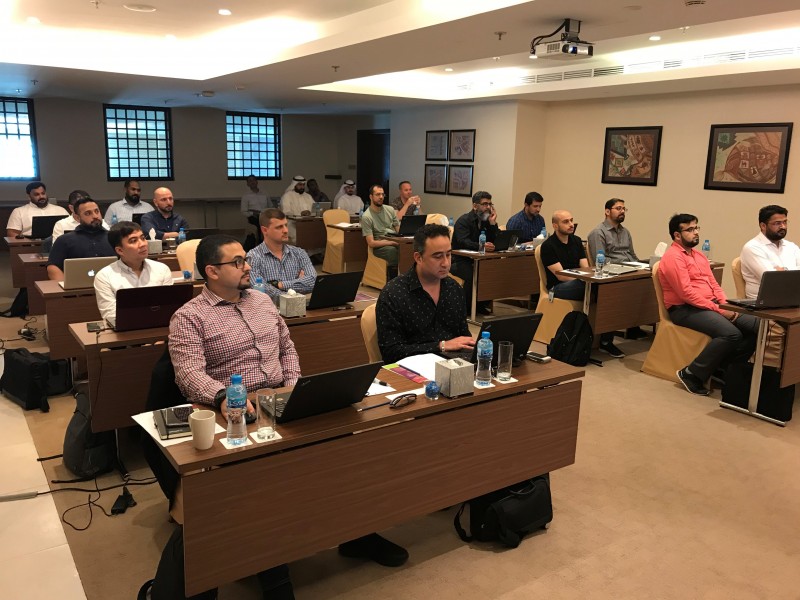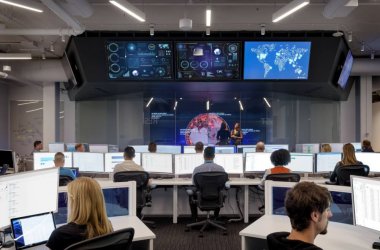The RIPE Network Coordination Centre (NCC) and the Kuwait Communication Information Telecommunications Regulatory Authority (CITRA) recently held a training programme for telecommunications and Internet service providers (ISPs) to educate them on how to work with Internet Protocol version 6 (IPv6) and deploy it on their networks.
The training, held in Kuwait, forms part of a CITRA initiative aimed at encouraging the development of a roadmap for the deployment of IPv6 in Kuwait.
Network operators now find themselves running extremely low on unused IP addresses, thanks to a rapid growth in the number of devices connected to the Internet. As IP addresses are essential for identification and location purposes, this has the potential to restrict the ongoing growth of the Internet and associated services in myriad ways. To address this challenge, the shift from IPv4 (with a total of 4.3 billion addresses) to IPv6 (with 340 trillion, trillion, trillion addresses), which will ensure the future growth of the Internet, is being facilitated through efforts by industry stakeholders from around the world.
Paul Rendek, director, External Relations at the RIPE NCC, said, “We are working with our members and various governmental and non-governmental authorities to simplify the latest technological developments involving the Internet. The RIPE NCC is keen to further strengthen collaboration with all related entities, including governments and Law Enforcement Agencies (LEAs), to jointly develop solutions to effectively tackle cybercrime and other challenges. One of these objectives is to support the transition to IPv6 through efforts such as workshops, seminars, conferences and dedicated meetings that bring stakeholders together”.
As Internet services continue to develop rapidly and make a growing contribution to social and economic development, the RIPE NCC works to help network operators future-proof their networks by sharing its expertise, thereby playing a significant role in driving sustainable development and economic growth across the Middle East.
Organising the recent workshop in partnership with CITRA once again reflects the non-profit organisation’s commitment to engaging with governmental authorities to support their understanding of technical fundamentals that ensure the growth and safety of the Internet.





